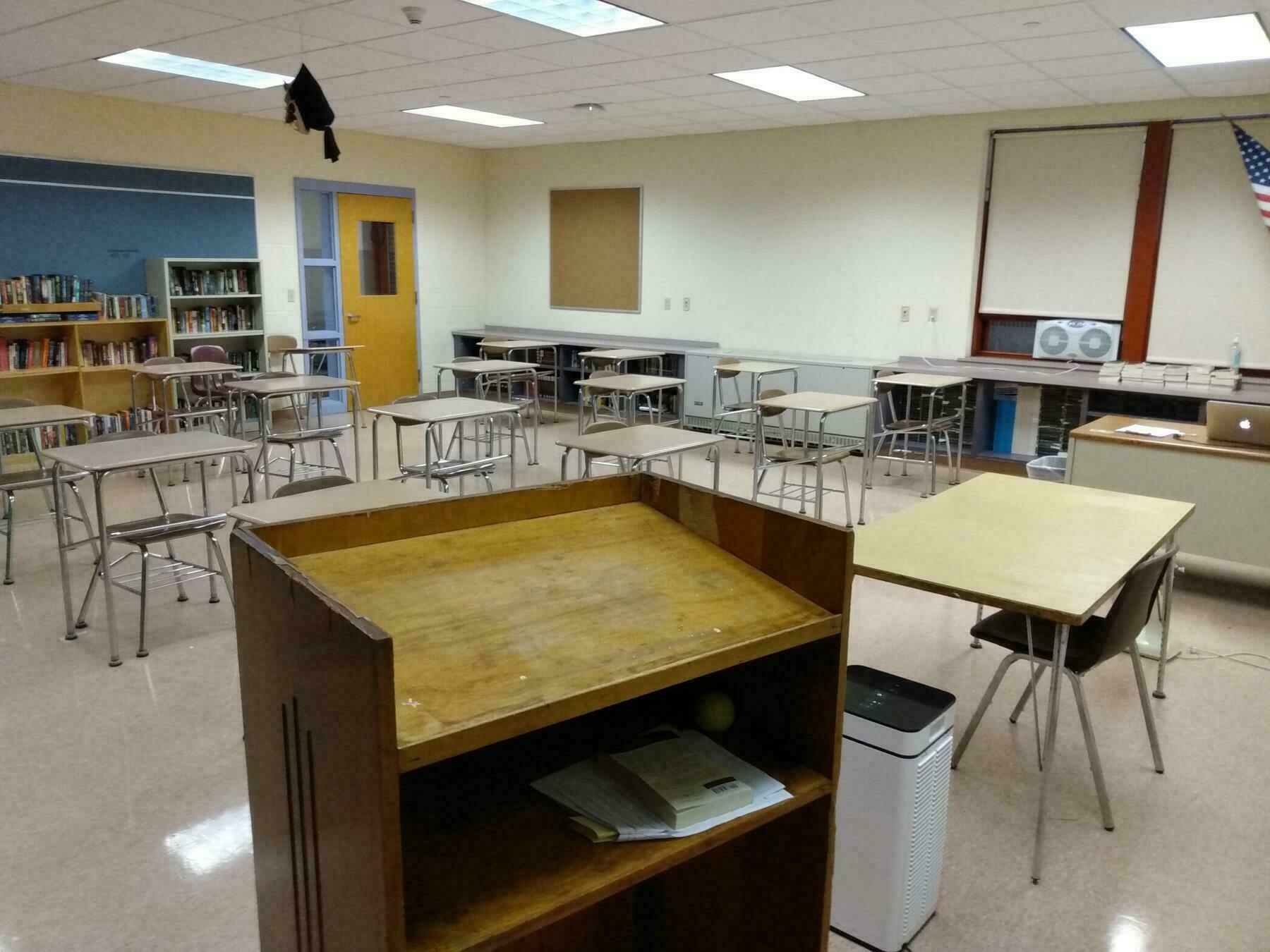For the past 25 years, I’ve had the privilege of guiding my own educational journey as an 8th-grade English teacher. Throughout this time, I’ve delved into the works of literary giants such as Shakespeare, Vonnegut, Bradbury, and Hawthorne, explored timeless classics like To Kill a Mockingbird, 12 Angry Men, and The Count of Monte Cristo.
In my classroom, discussions transcend mere plot analysis; we dive into the depths of justice, the pursuit of happiness, and the very fabric of reality itself. I’ve witnessed students crafting novellas, engaging in spirited debates, and producing insightful 20-page research papers. Their curiosity and intellect have pushed me to grow just as much as I’ve challenged them.
It’s been an amazing ride.
But now, as the specter of AI writing, lesson planning, and grading looms over education, my school is moving towards a pre-packaged, standardized curriculum for the next year. This shift feels like the end of an era, a departure from the creativity and autonomy that have defined my teaching career. It’s a sentiment that Sylvia Plath’s The Bell Jar captures perfectly.
I saw the days of the year stretching ahead like a series of bright white boxes and separating one box from another was sleep like a black shade. Only for me, the long perspective of shades that set off one box from the next day had suddenly snapped up. And I could see day after day after day glaring ahead of me like a white, broad, infinitely desolate avenue.
